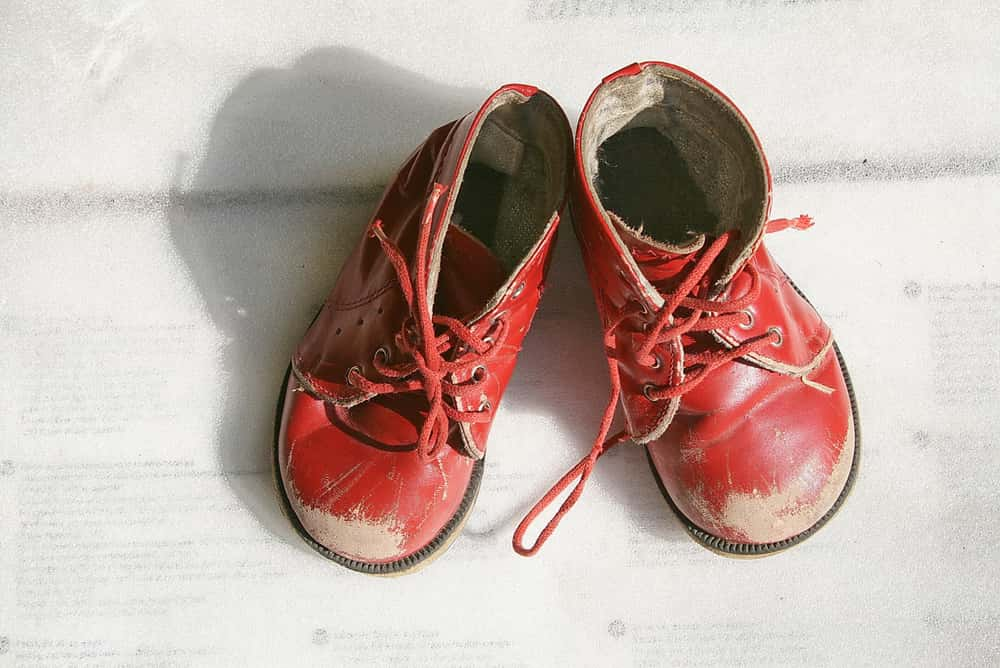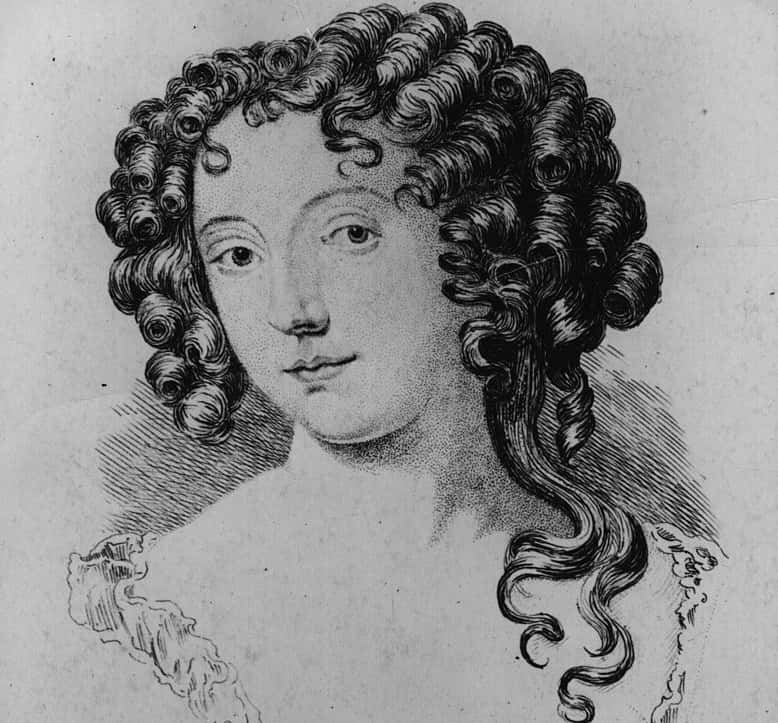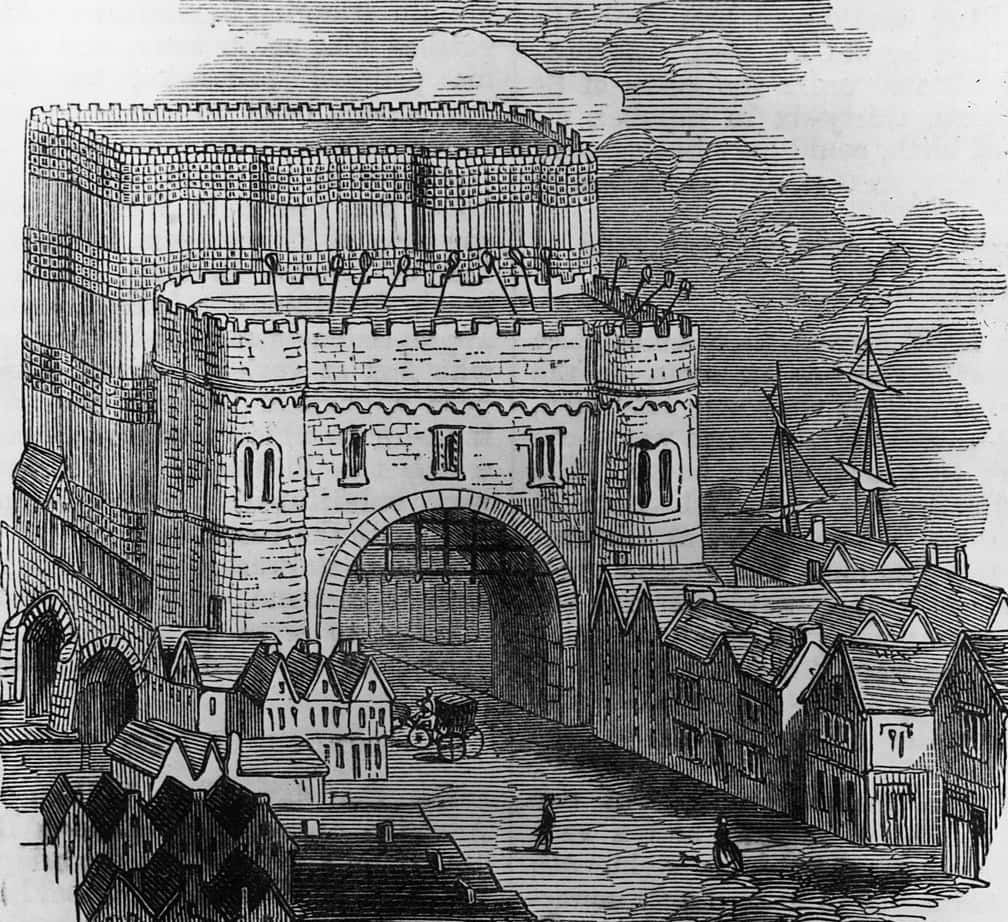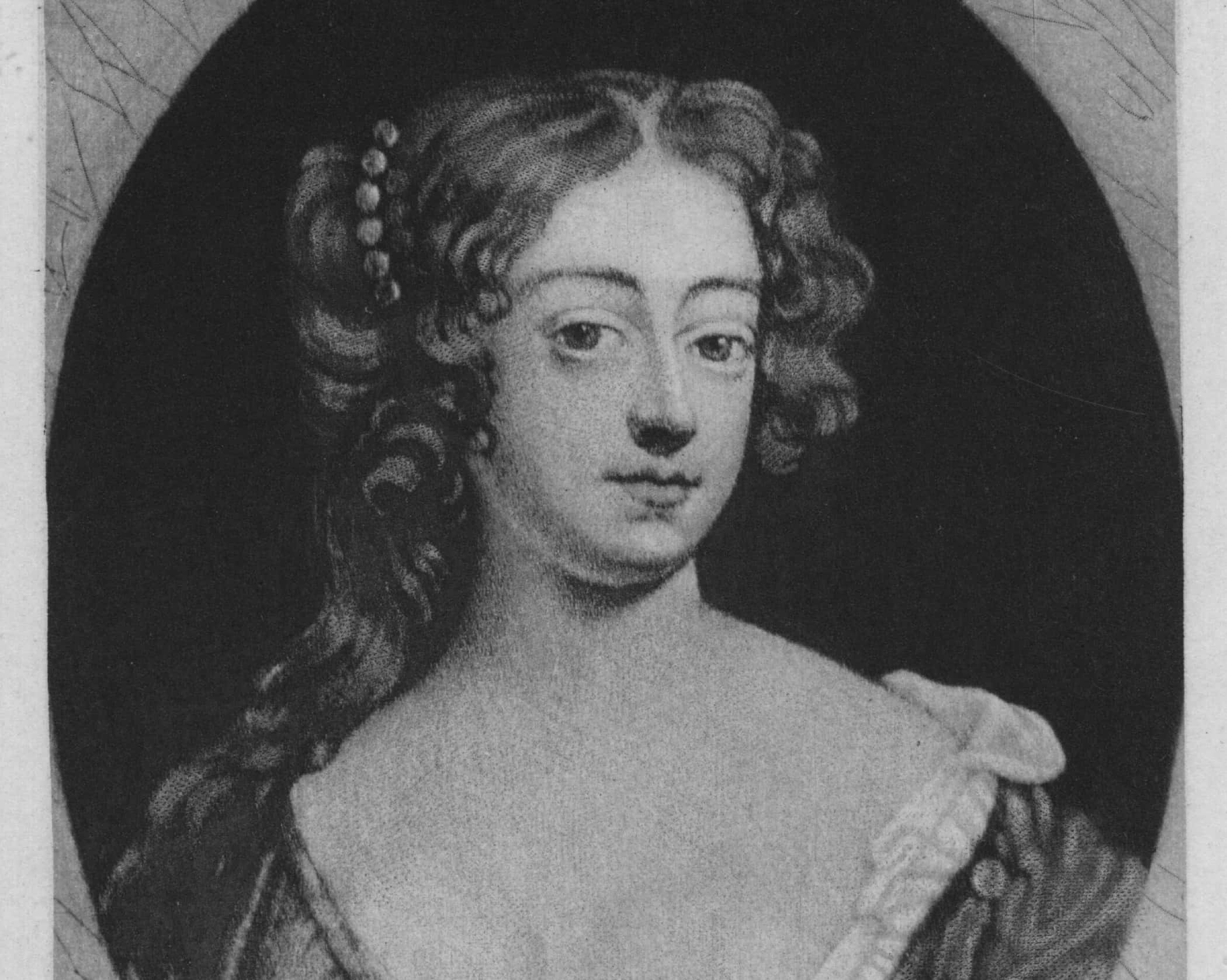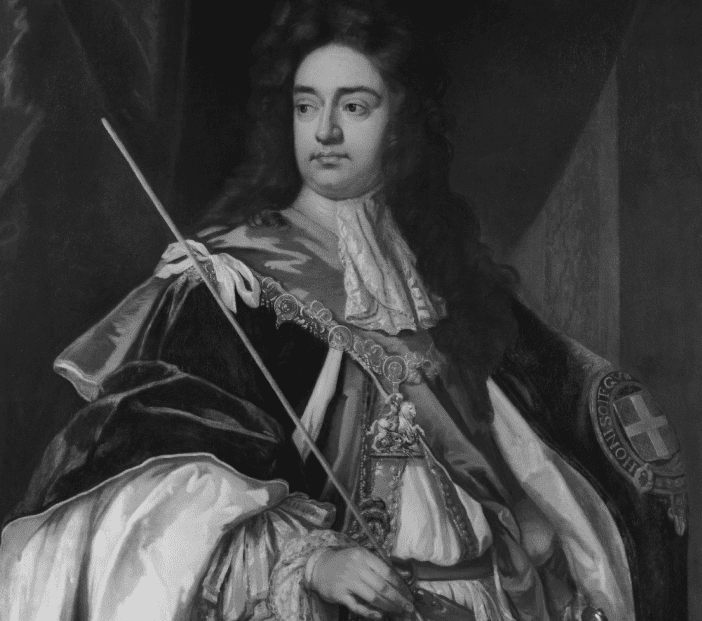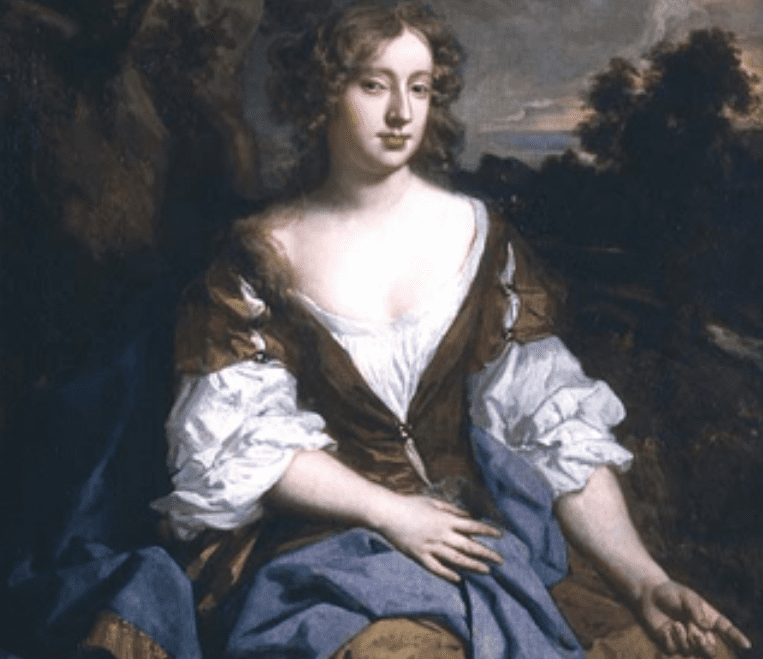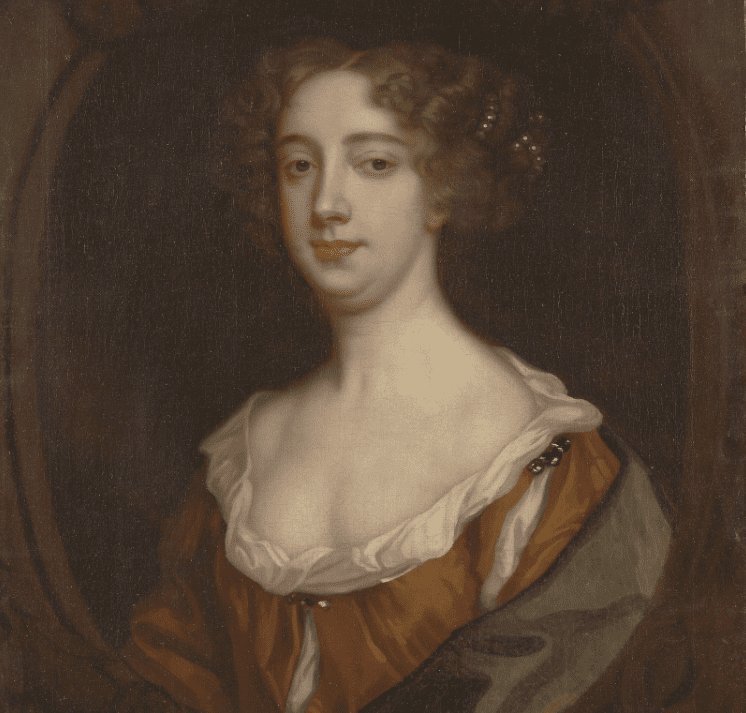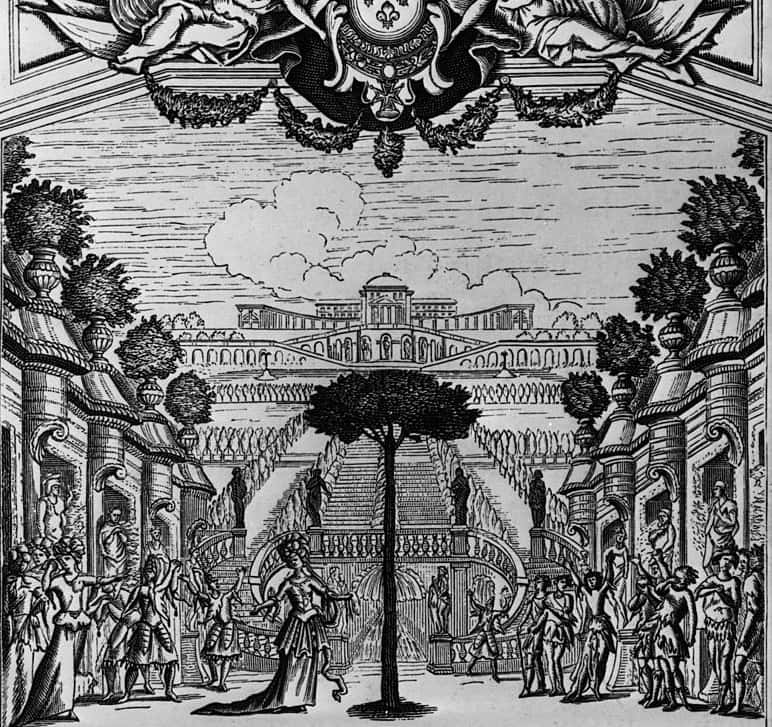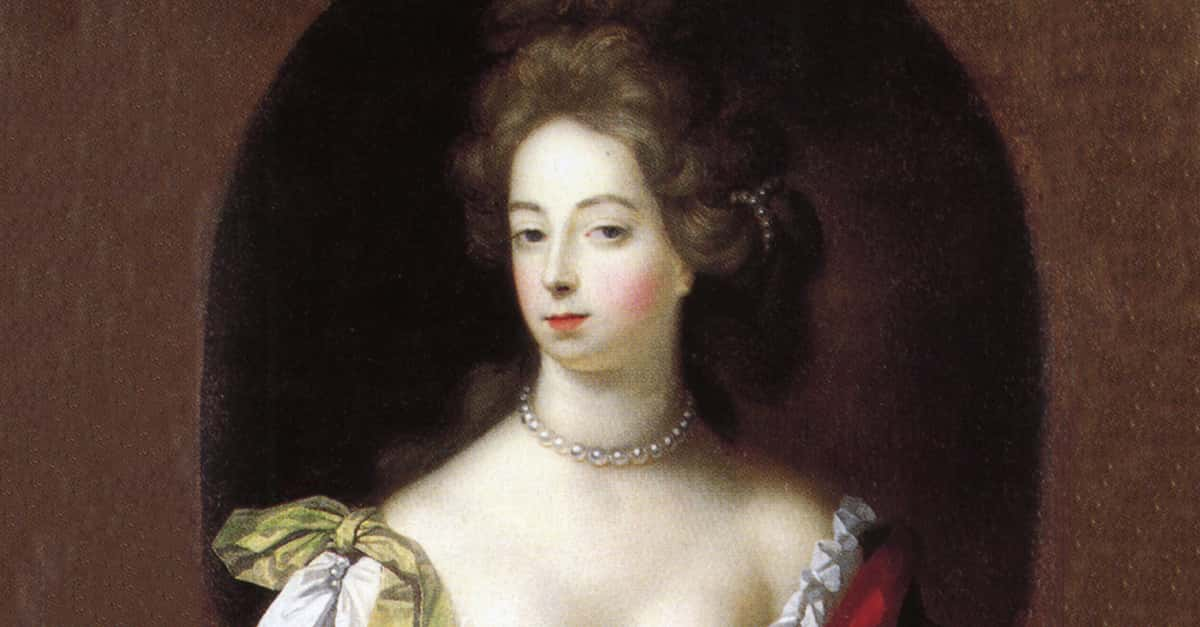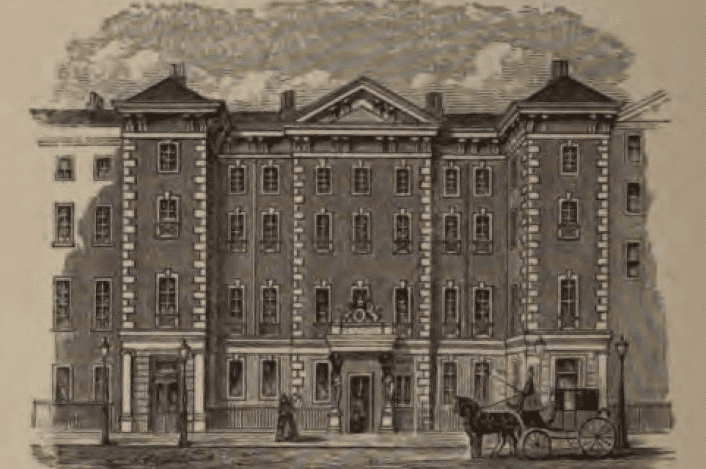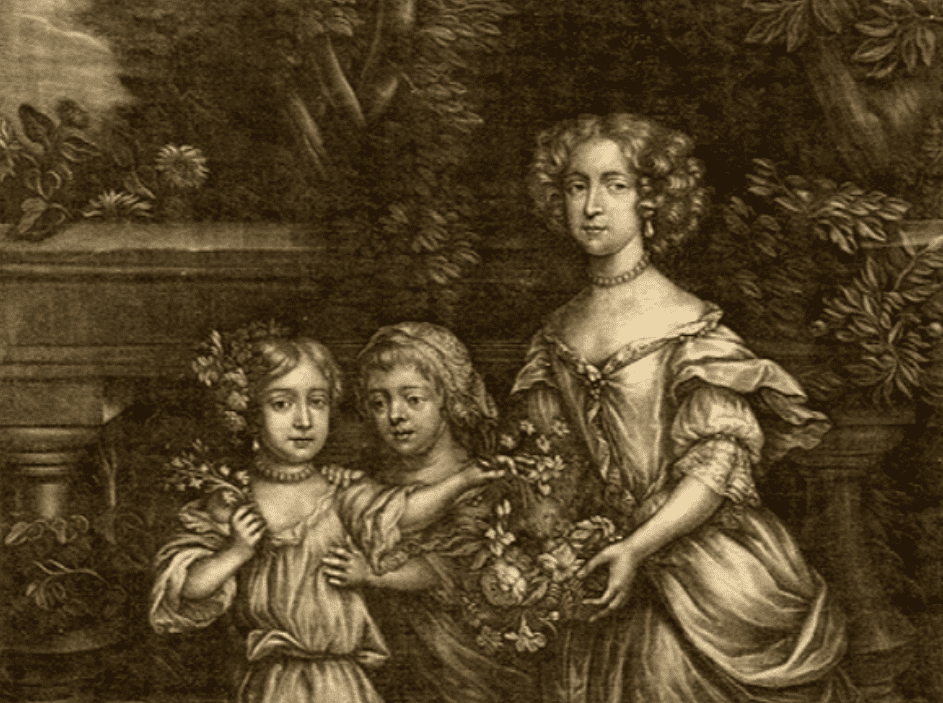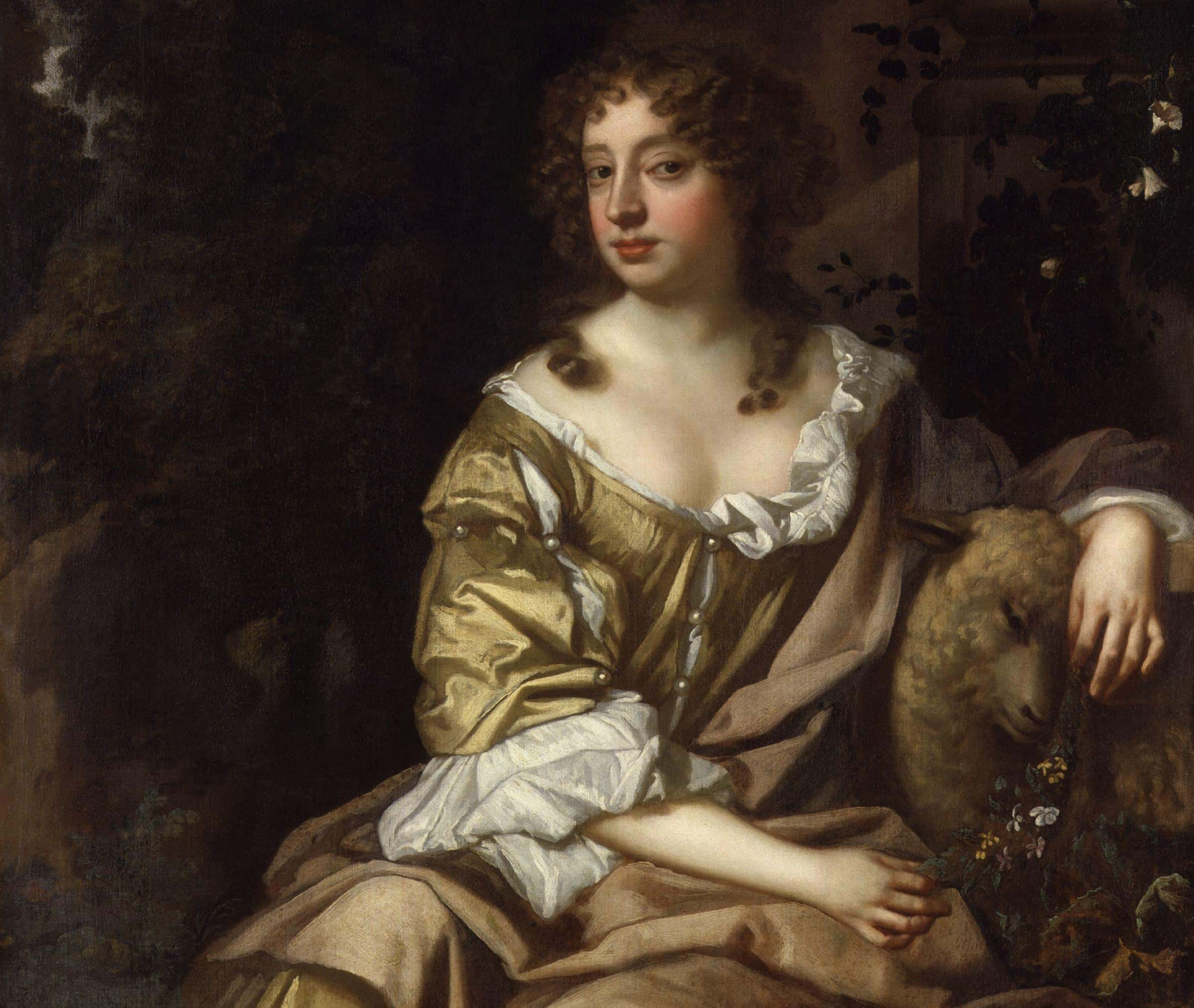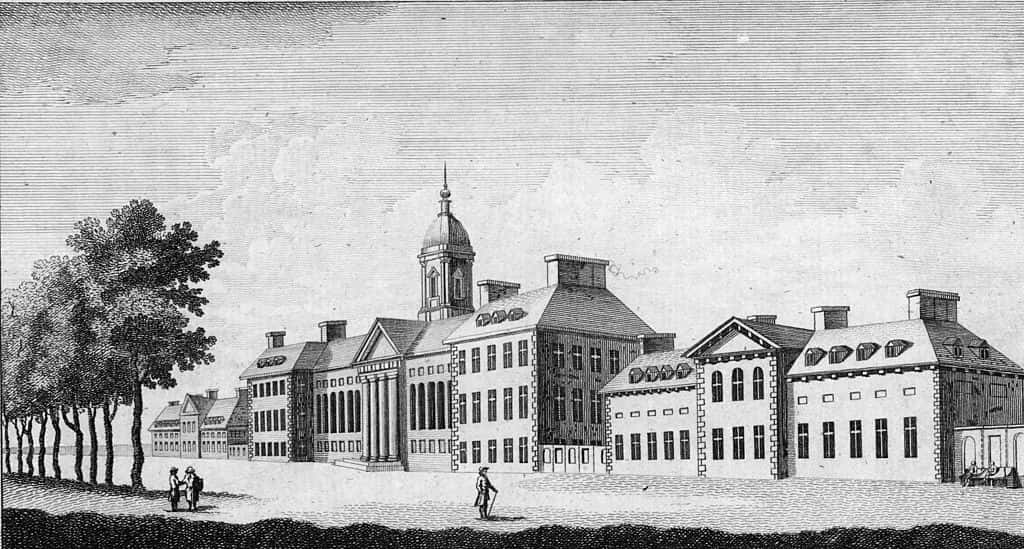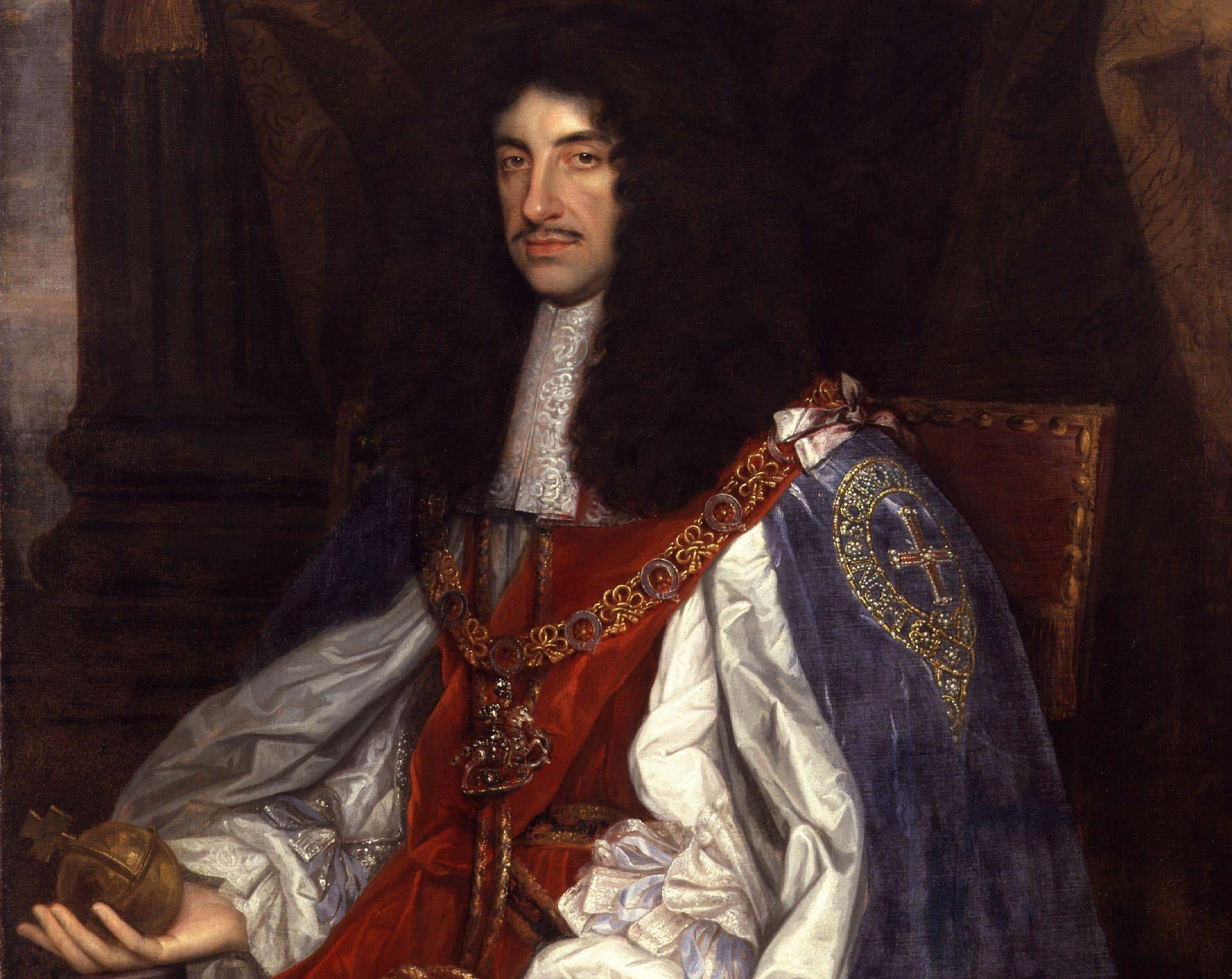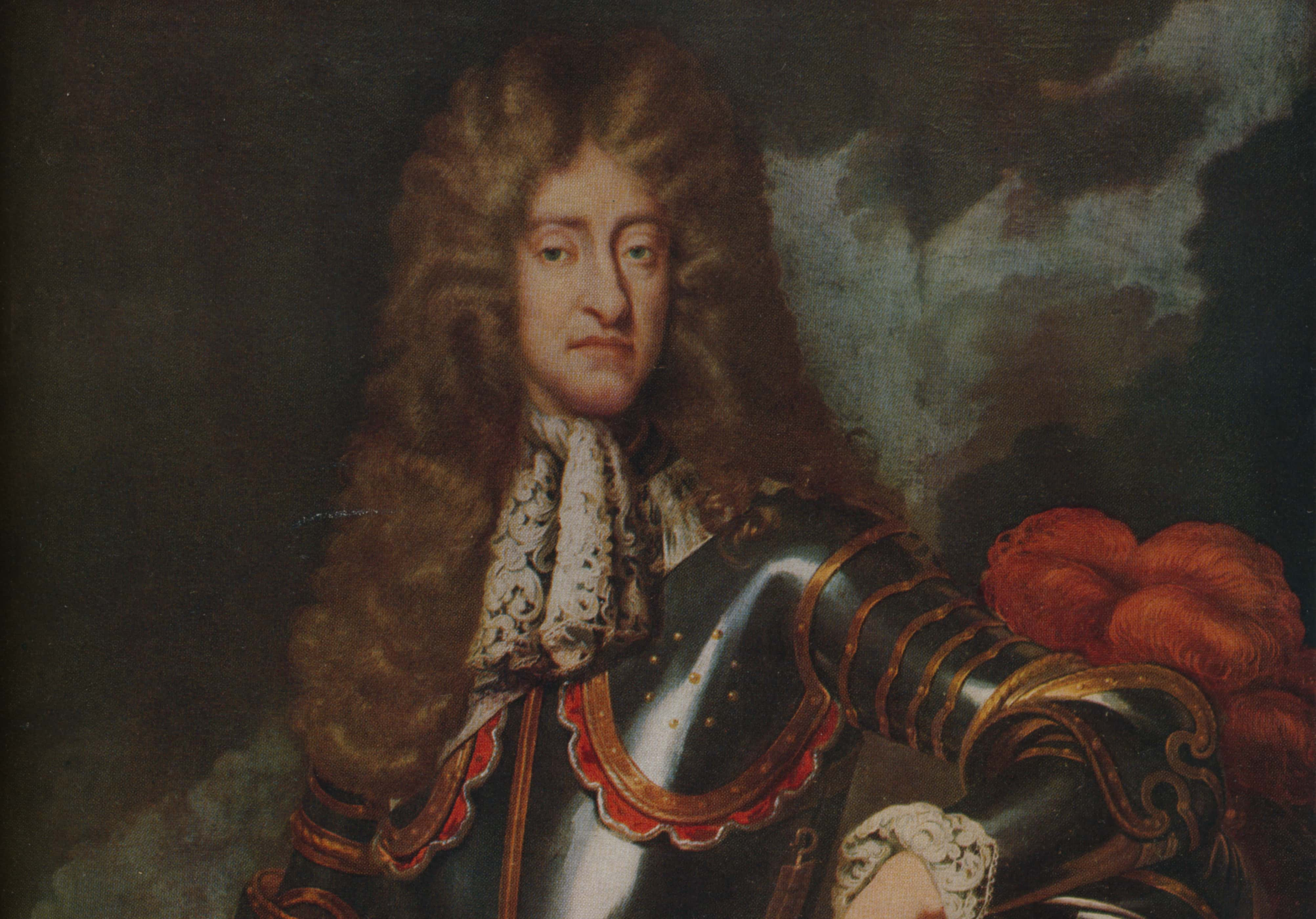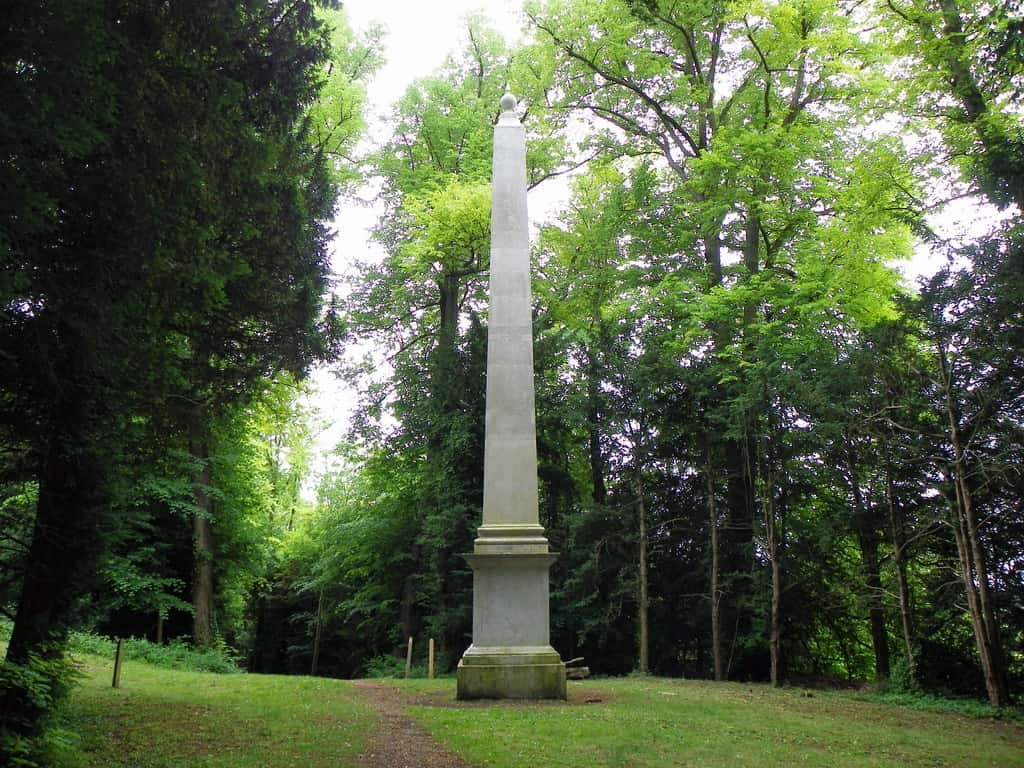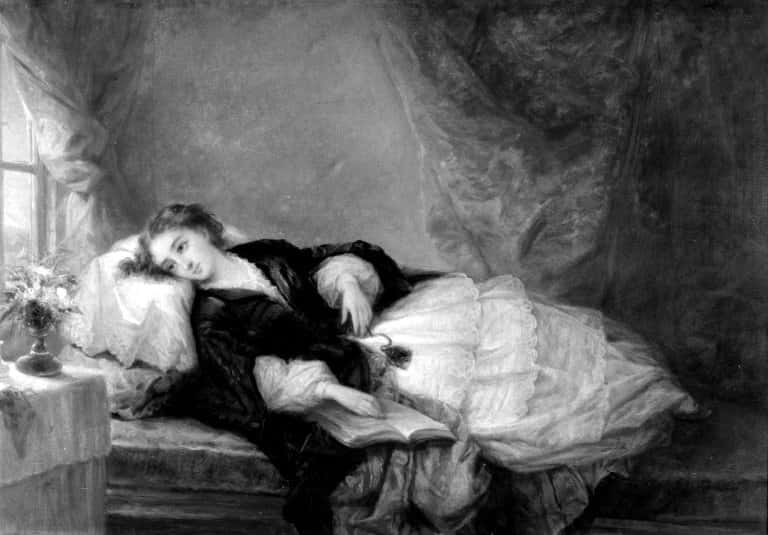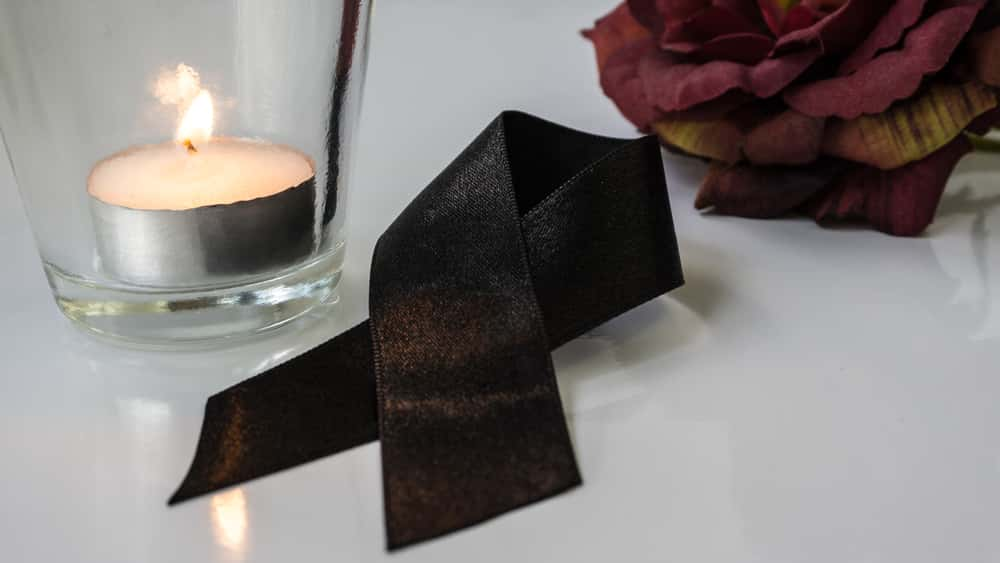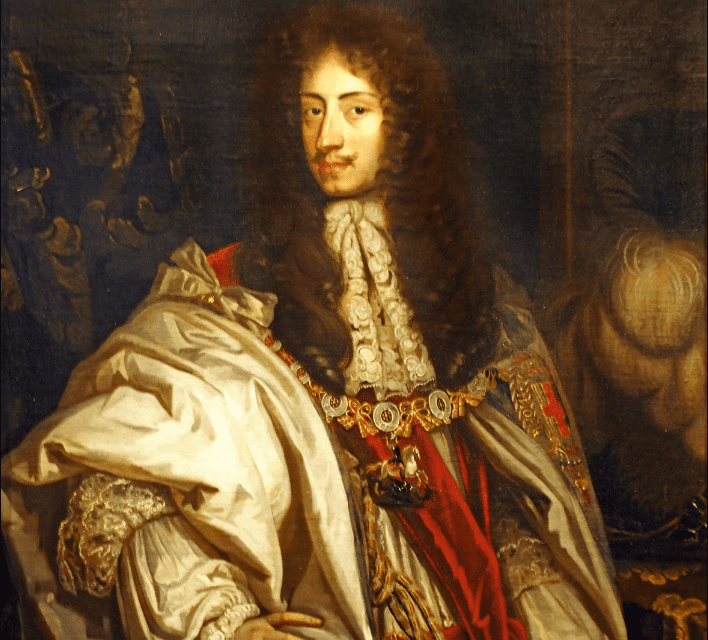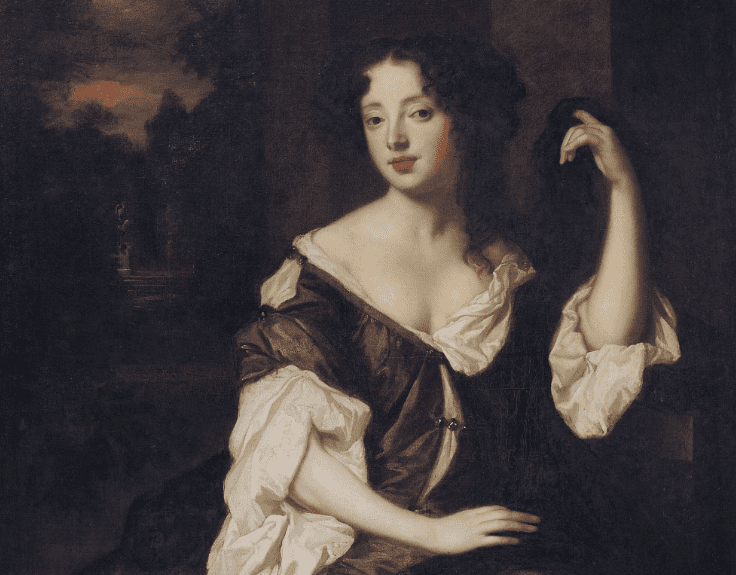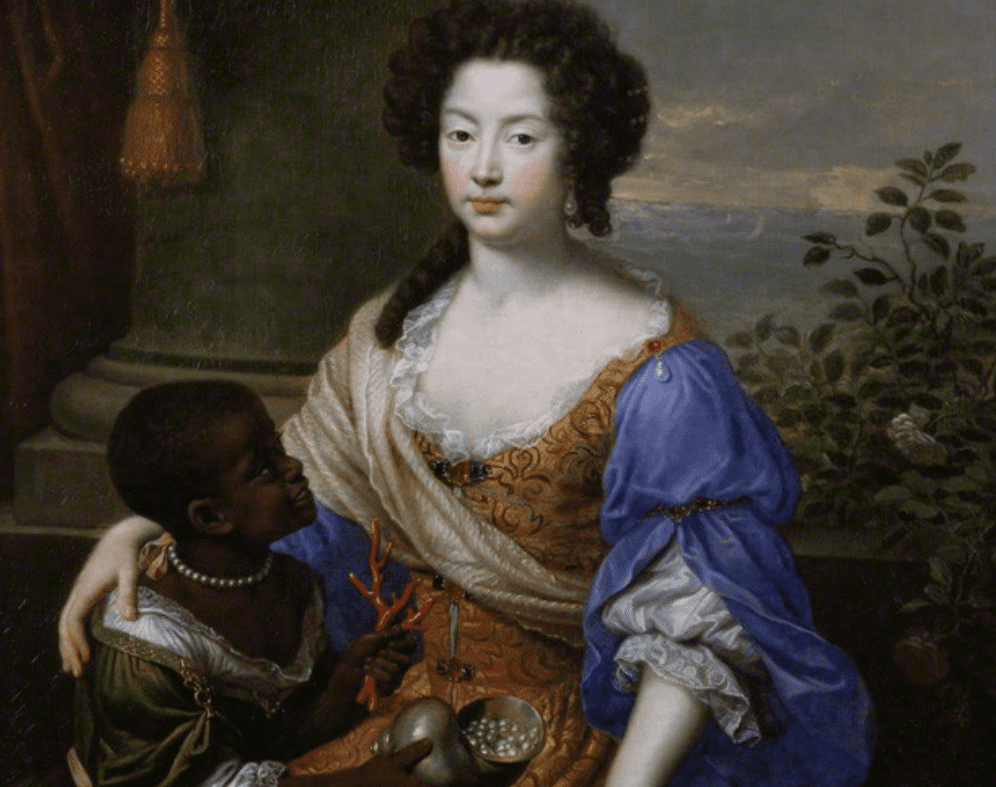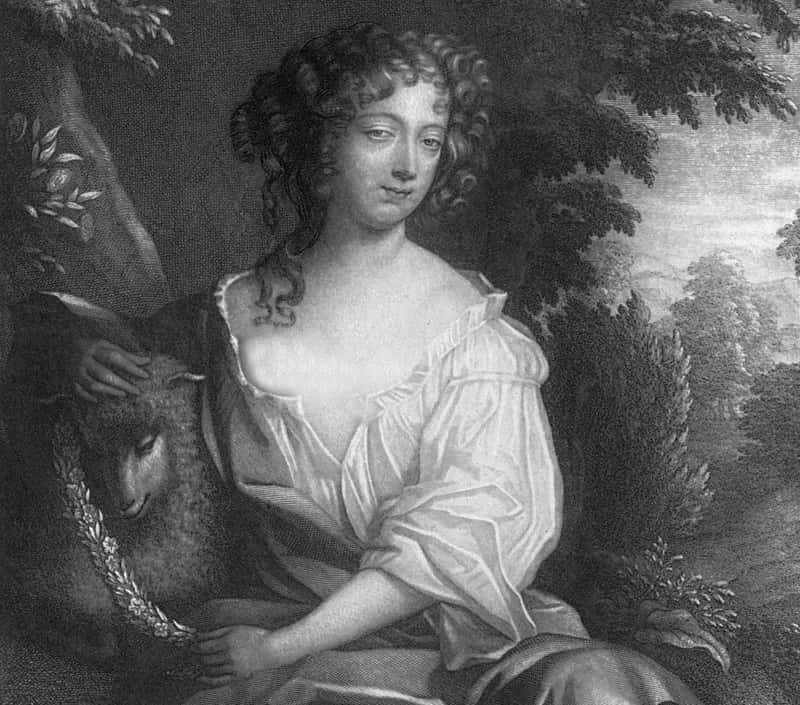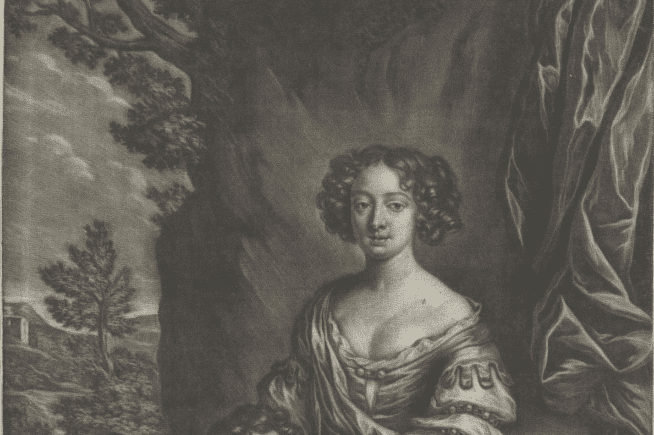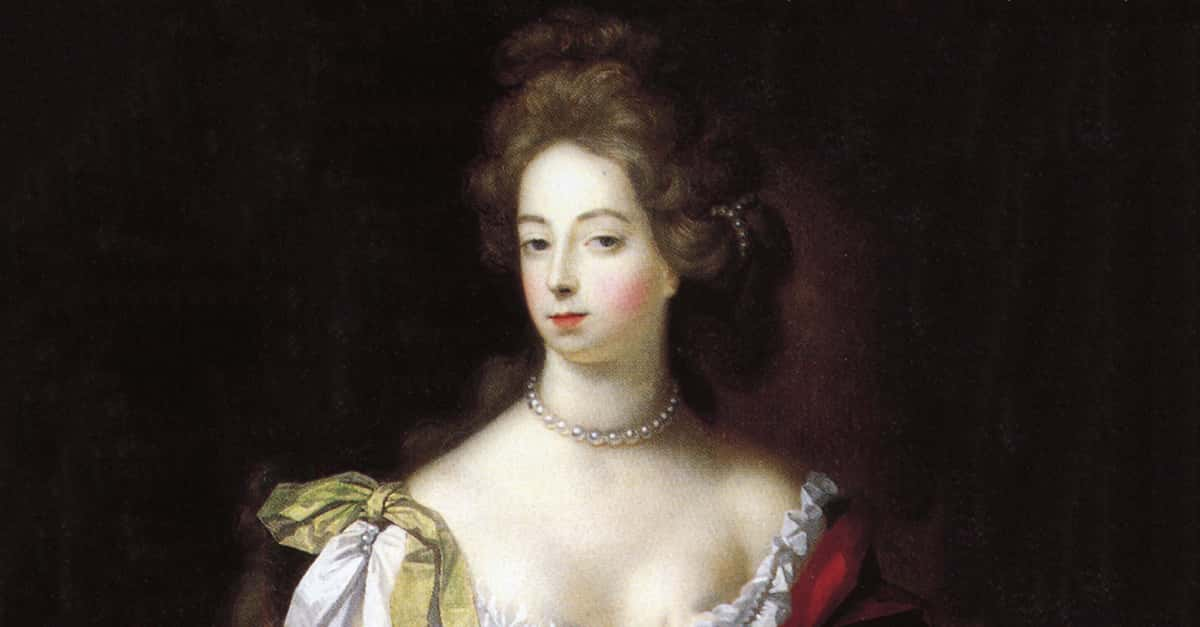Nell Gwyn is a risque Cinderella story. As the most famous mistress of Charles II, she was born to abject poverty, yet somehow died in wealth and popularity as the icon of the English Restoration. These days, Gwyn is also remembered for her legendary insults, and her status as one of England’s first professional stage actresses. How does a lady rise so far? Take a bow to these facts about Nell Gwyn, England’s Royal Mistress.
1. Every Starlet Needs an Origin Story
Nell Gwyn’s birthday hinges upon a horoscope. According to the Ashmolean manuscripts, Eleanor “Nell” Gwyn was born on February 2, 1650. However, a magazine from 1838 lists her birth as a whole eight years earlier, in 1642. With an almost decade-wide gap between dates, there are different ways to read the scandalous events in Gwyn’s eventful life.
2. Started From the Bottom?
Gwyn’s early life is surrounded by so much history that it’s not even clear if she was truly as “low-born” as her rags-to-riches mythos infers. Most agree that her mother was Ellen or “Old Ma Gwyn” and that her father might have died in prison, but some assign her the arms of the more illustrious Gwynnes of Llansannor, or they suggest that she descended from clergy and doctors.
In any case, it’s agreed she was born into poor circumstances and had a less than idyllic childhood.
3. Mommy Issues
Gwyn’s mother was a notorious bawd (and alcoholic) who drowned to death near their house in 1679. Our Gwyn herself would go on to have better fortunes around sex, fun, and water.
4. Mr. Gwyn, I Presume?
In her younger years, Gwyn experimented with crossdressing. She donned a beard and men’s clothing, taking on the name “William Nell” in her fairly popular act.
5. Hey, It’s a Living
Because of her mother’s job as a brothel-owner, it’s been speculated that Nelly Gwyn did "intimate" work as a youth. This courtesan backstory is generally accepted as probable. However, other less socially “idealistic” occupations have been put forth for her, from street hawker to “cinder-girl.”
6. Make Room for the Ladies
Before they ever met, Gwyn’s future royal lover King Charles paved the way for her career. Upon being restored to the throne in 1660, Charles II undertook a huge patronage of the dramatic arts and even legalized female actors on the stage. This movement allowed quirky gals like Nell to thrive in public life.
7. It’s Not Size That Matters
In terms of appearance, Nelly had chestnut hair, hazel eyes, and a heart-shaped face. In contrast to the buxom bodies favored by Restoration beauty standards, however, Gwyn was petite, albeit “shapely.” What matters is that King Charles had few complaints…
8. Scrambled EGs
Gwyn was reportedly illiterate throughout her life. She did, however, take a personal signature. Her notes were signed with an awkwardly scrawled “E.G.” at the bottom of letters that were transcribed by other people.
9. A One-King Woman
Charles II took many mistresses, and some of them returned their king’s infidelity. For example, he once caught one of Nell’s rivals, Lady Castlemaine, in a “not good” position with the Duke of Marlborough. In contrast, Gwyn was reported to be monogamous to Charles until his death, and thereafter as well.
10. Oranges Aren’t My Main Squeeze
As children, Nell and her sister Rose worked as “orange-girls” at a theater, selling fruit to the patrons. While on the job, Nell quickly became the mistress of the theater’s leading man, Charles Hart.
11. My Time to Shine
After less than a year as an orange-girl—and one affair with the head actor later—Gwyn joined the ranks of England’s very first public actresses at Bridges Street at around 1665.
12. The Professor Is in
Like many creatives, Nell taught her craft to fledglings in order to make ends meet. She tutored young actors at the school of Thomas Killigrew, leader of the King’s Company at the Theatre in Bridges Street.
13. No Small Parts
Nelly Gwyn’s first recorded acting appearance was as Cydaria in John Dryden’s The Indian Emperour. Of course, she was in several unrecorded productions before this. Like many things in Gwyn’s life, her early roles escape the written word.
14. The Original Funny Gal
Out of all Charles II of England’s mistresses, Nell Gwyn was the most beloved by the common people—and arguably the only publicly loved one. Her nickname of “pretty, witty Nell,” originates not from her time in Charles's life, but before, in her years in comedy. Her reputation as a purveyor of sass garnered her much fame as an actress, and she was also popular as a romantic lead.
15. Love Is the Best Pension?
Moreover, Charles II was not Gwyn’s first aristocratic “keeper.” By 1667, Gwyn embarked on an affair with Charles Sackville, Lord Buckhurst. This beau was described as “cultured, witty, satirical, dissolute, and utterly charming.” His arguably most attractive feature, however, was that he housed Gwyn and gave her an allowance of £100 so she could leave acting. For now, at least…
16. Sad, Single, and Ready to Mingle
By the summer of 1667, Gwyn was back in the dumps. Her first “sugar daddy” Lord Buckhurst had dumped her, theater director (and ex-lover) Charles Hart now resented her for running away, and she was in financial straits. It would take a royal Godsend to truly lift her spirits.
17. Salary Negotiations Are Tough in Any Century
Gwyn’s greed almost got in the way of her meeting Charles II. By late 1667, the Duke of Buckingham was seeking a mistress—but not for himself. The lord intended to remove the politically inconvenient Barbara Palmer from the King’s favor by arranging a rival in the royal bed. Nell’s talents put her in the running, but she made the mistake of asking too much money.
Her demands to be paid £500 a year were just too steep, so Buckingham went with Moll Davis—who was also Gwyn’s rival in acting. Ooh, I smell a scandal.
18. The Royal Runs
According to satires from the era, Gwynn overcame her first romantic rival, Moll Davis, by slipping her laxatives just before Davis was scheduled to “attend” to King Charles. This tale is, of course, more lore than history, but that doesn't make it any less fun.
19. Best Friends to the Bowel
Gwyn was friends with one of the first professional female writers in English history, Aphra Behn. In fact, the tales from the time say that it was Behn who helped Gwyn slip laxatives to Moll Davis.
20. His Majestic Cheapskate
According to lore, Gwyn footed the bill on her first “date” with King Charles II. The two met in adjacent boxes at the theater, where Charles was more interested in pretty Nell than the show. The King invited Nell to dinner afterwards with his brother, the Duke of York. When it came time to get the check, his Majesty and his royal brother discovered they had no cash on them!
Nell covered the expense and exclaimed (in an affectation of the king’s voice and catchphrase) “Od’s fish! But this is the poorest company I ever was in!” Burn.
21. From Papa to Play
Gwyn continued to act even as her affair with Charles became increasingly public. In fact, her notoriety drew the attention of playwrights, who developed roles specifically for the royal mistress. It’s believed her role in John Lacy’s The Old Troop took some inspiration from her family life; the play was about Cavalier soldiers in a real-life troop that Gwyn’s father was said to have served in during the English Civil War.
22. The Mother of All Inspirations
In 1668, Gwyn played the role of a sex worker who might have been inspired by her own mother. In The Old Troop, a Cavalier solider company’s local woman is believed to be based on Gwyn’s own bawd of a mother.
23. Seventh Time Is the Charm
On May 8, 1670, Nell gave birth to Charles Beauclerk, her first son by King Charles II. Of course, for Charles, this baby was his seventh son over five different women.
24. The Heart of the Cards
As if to check off all the Restoration Good Time Girl stereotypes, Gwyn was also a gambler. She was fond of the card game of the nobles, Bassets, and usually went for the high-stakes bets.
25. Mistress of Having It All
If we agree that she was born in 1650, Gwyn retired from the stage when she was just 21 years old, in the 1670-71 season. Her last recorded role was in John Dryden’s The Conquest of Granada. This return to the stage was actually an “extraordinary” feat for a woman of her station to pull in public. At this point, Gwyn was already the mother of a royal bastard.
26. Homeownership or Bust
Renting wasn’t good enough for Nell Gwyn. In February 1671, the king moved Gwyn into a luxurious brick townhouse in Pall Mall. Of course, she only resided there as a lessee; the property was still owned by the Crown. Although she had free rein of the house, Gwyn insisted she needed to own it—legally— to feel truly free.
Thus, in 1676, she was officially granted the home by an Act of Parliament. The Pall Mall house would remain Gwyn’s primary residence for the rest of her eventful life.
27. Pulling My Leg?
In 1671, Gwyn gave birth to her second illegitimate royal son, James. Unfortunately, James died just 10 years later from unknown causes. Some referenced “a sore leg” in his death, which led one biographer to suspect poison…or, it was just an accident.
28. A Little Help From My Mom’s Friends
People grew up fast in Restoration England, and Gywn was no exception. At just age 12, she hooked up with an officer in the guards, possibly named Robert Duncan. She soon moved out of her mother’s home and into his. It’s even been suggested that Duncan got her into the theater. However, it’s more likely that Gwyn leveraged her mother’s contacts with the theater concessions manager to get her foot in the door.
Don’t let men take all the credit, ladies.
29. The Gwyn That Keeps on Giving
Gwyn’s popularity with the commoners wasn’t just for her wit. She was famously generous and merciful to her less fortunate friends. For example, she secured the release of diarist Samuel Pepys after he had been arrested for spying on behalf of the French. More importantly, she is credited with convincing the King to open the Royal Chelsea Hospital for veterans.
30. A Full Belly Is the Best Inheritance
Although Charles took other mistresses, he remained fond of Gwyn for the rest of her life. On his deathbed in 1685, he begged his brother and heir, the future James II, to “Let not poor Nelly starve.” Luckily for Nell, James obeyed his dying request and granted her a lover’s pension of £1,500, in addition to paying off her mortgages.
31. No Honor in Switching Sides
King Charles’s successor, King James II, pressured Gwyn’s son to convert from Protestantism to Roman Catholicism. As a partisan Protestant herself, Gwyn deeply resented his royal influence.
32. Doggone But Not Forgotten
Nell’s Monument on Tring Park is considered to be the only Monument of a royal mistress in the entire capital city of London.
33. I Guess You Can Keep a Tough Girl Down
Gwyn suffered a stroke in March 1687, paralyzing her spirited self on one side of her body. Just months later, she suffered another stroke that left her completely bedridden.
34. Love Bites Back
At the age of just 37 (most likely), Gwyn passed away on November 14, 1687. It was believed she died from apoplexy caused from late-stage syphilis.
35. Heart of Gold, Assets of Stone
Charles's dying wish to “Let not poor Nelly starve” came true—and then some. At the time of her death, Gwyn was obscenely wealthy, considering the station of her birth. Her bank account was “just” over four figures (which remains much more after more than 300 years of inflation), but she also owned up to 15,000 ounces of plate.
Her “poor girl” reputation stems from the fact that most of her assets were in trusts, not liquid cash.
36. You Can Never
Gwyn affectionately referred to Charles II as her sweet “Charles the Third.” This “pet name” referred to her bedroom history: she had previously been a kept woman to both Charles Hart and then Charles Sackville.
37. Six Degrees of Separation
Nell Gwyn and Barbara Palmer actually shared two lovers. In addition to Charles II, Palmer also slept with Charles Hart, who was Gwyn’s acting company director and her first powerful keeper. Blame the tightly bred social circles of the royal court.
38. Kill Your Double
In truth, Gwyn didn’t worry much about her immediate romantic predecessor, Barbara Palmer, who was on her way out as chief mistress to Charles anyway. Her serious rival was actually the French Louise de Kerouaille, who was a maid-of-honor to the Queen and yet another up-and-coming mistress to King Charles II.
Highborn and sophisticated, Louise was the eccentric Nelly Gwyn’s exact opposite; the two would (figuratively) duel for the years to come.
39. Queen of Finding Your Insecurities
Gwyn liked to stab where it hurt. She referred to her rival and co-mistress Louise de Kerouaille as “Squintabella” (in reference to her looks) and “Weeping Willow" (in reference to her proclivity to cry).
40. What's "Clapback" in French?
When she wanted, however, Louise de Kerouaille could give it as good as she got, adding more than a little French sass to her comebacks. When Gwynn once offended her, Kerouaille turned up her nose and snapped, "anybody may know she has been an orange-wench by her swearing."
41. An “Honest” Mistake
According to lore, Gwyn used her signature wit to defend herself from an anti-Catholic mob in 1681. While she was passing through Oxford, a crowd besieged Gwyn, mistaking the actress for her Catholic rival in the king’s bed, Louise de Kerouaille. Gwyn, smiling, assured the mob from her coach window that, “Good people, you are mistaken; I am the Protestant whore!”
42. Baby Steps Towards Peerage
On December 21, 1676, Gwyn’s only surviving son, Charles, finally got a title befitting his status as a king’s (illegitimate) son. How Charles became the Earl of Burford is attached to two unseemly stories. The most popular? One day, King Charles II came to visit Gwyn and his son, when she called over their offspring with a, “Come here, you little bastard, and say hello to your father.”
Aghast at her conduct, the King received this explanation from Gwyn: "Your Majesty has given me no other name by which to call him." And thus, Charles gave his son a proper title: the Earl of Buford.
43. No Time to Brainstorm When Skulls Are at Stake
The second story of how Gwyn secured a noble title for her son is more violent. In this tale, she holds the baby Charles out a window and threatens to drop him unless King Charles elevates their son to the peerage. Instinctually, King Charles cried, “God save the Earl of Buford!” and I guess they went with that.
44. For Your Eyes Only
Charles II owned topless paintings of Nell that he kept hidden behind landscapes. Portrait of Nell Gwyn as Venus by Peter Lely has the actress in the buff as the iconic goddess. However, Charles only swung the cover to let the most favored eyes have a glance.
45. Back to Where It All Began
Nell Gwyn died about half a mile from her reported birthplace. What an ironic distance for a woman who rose so high in life.


